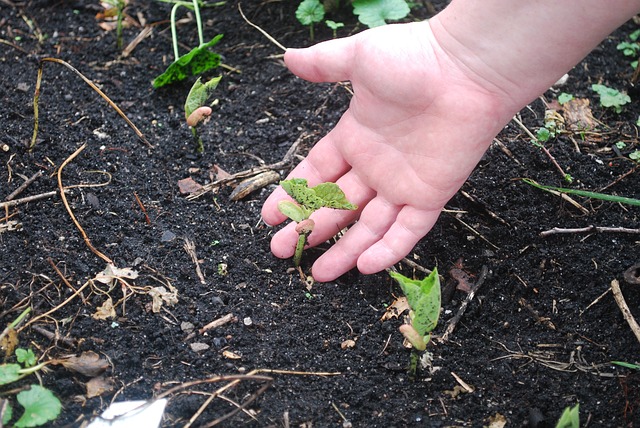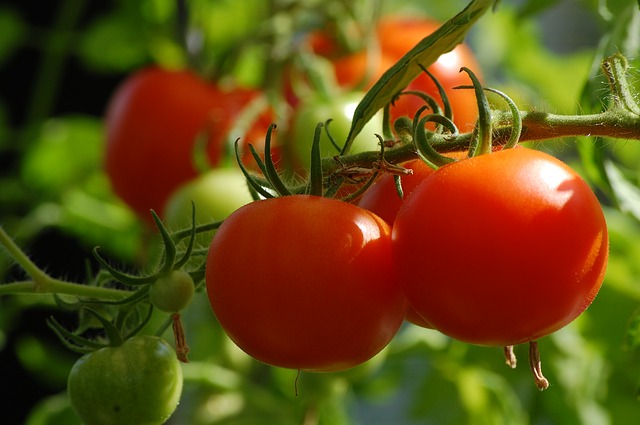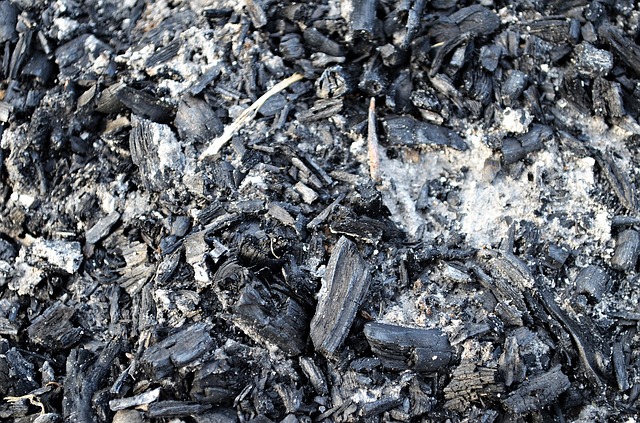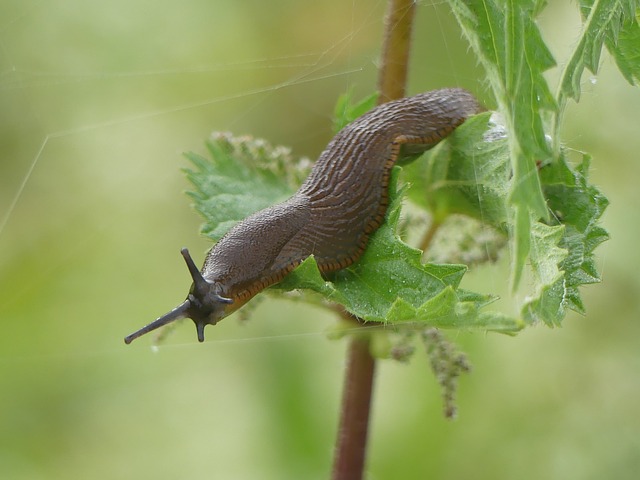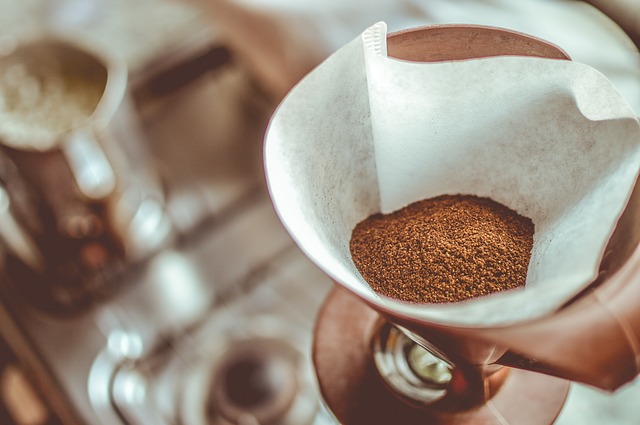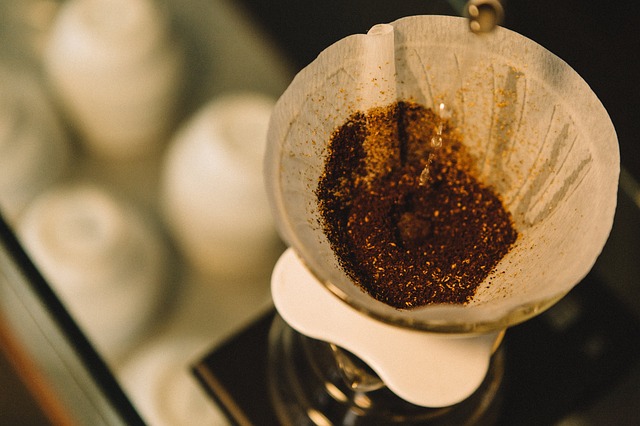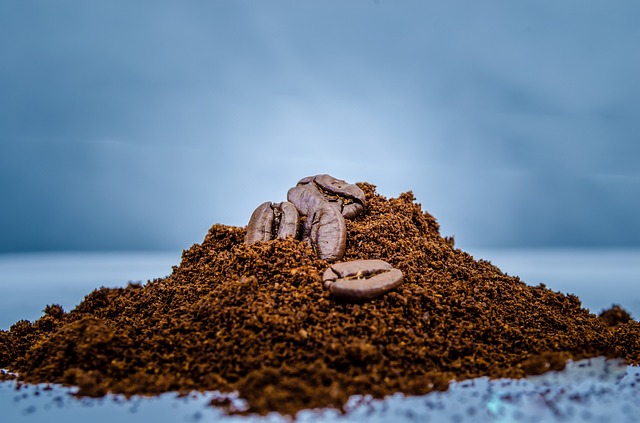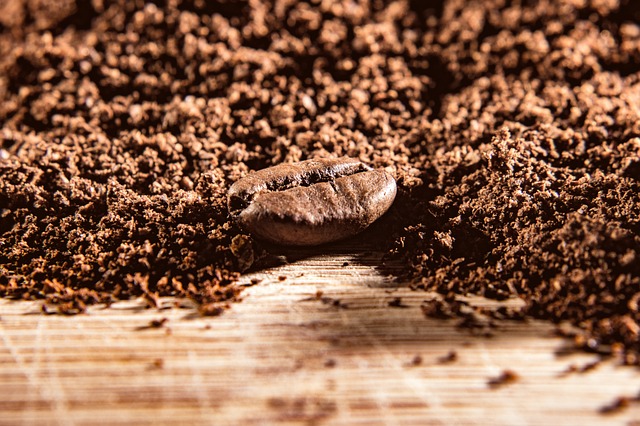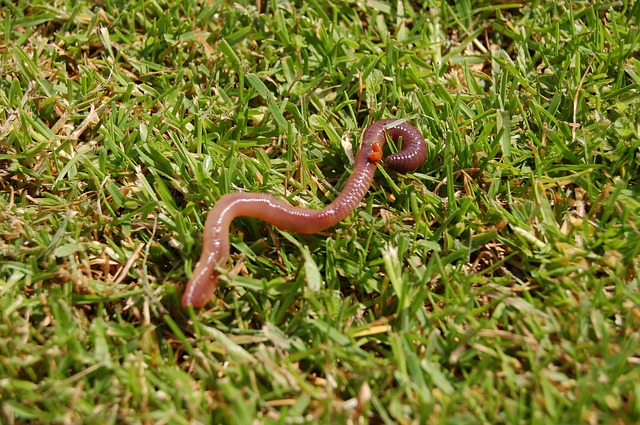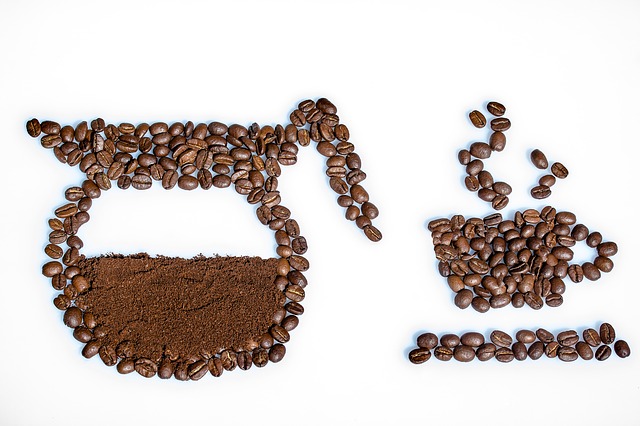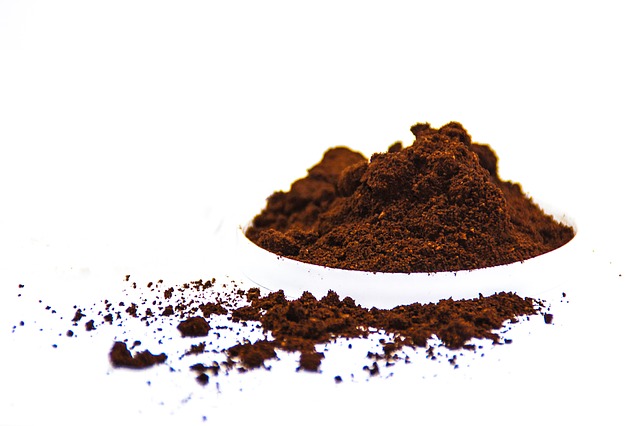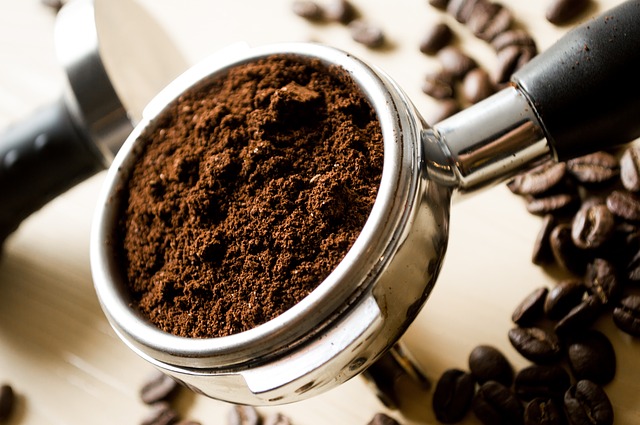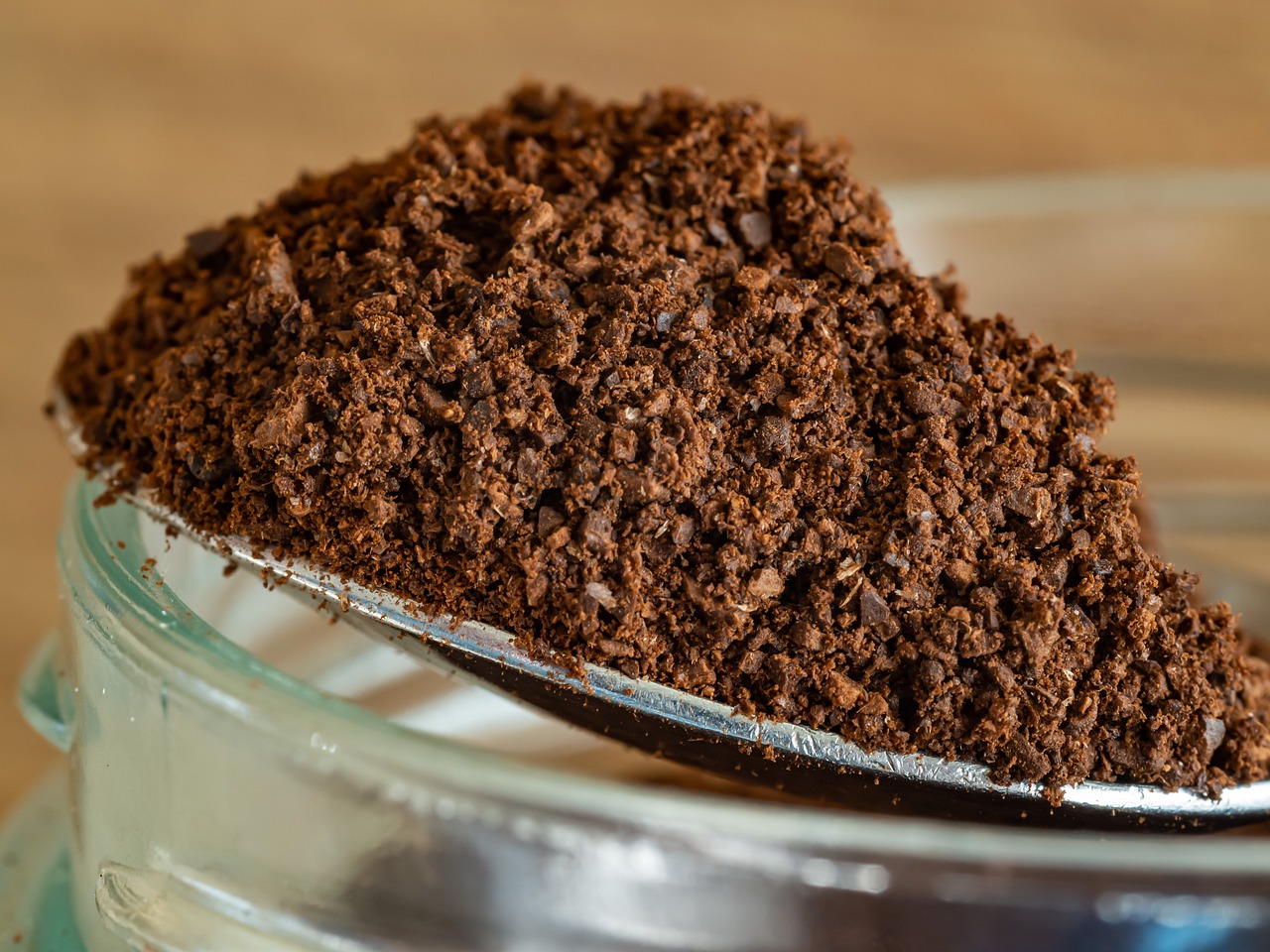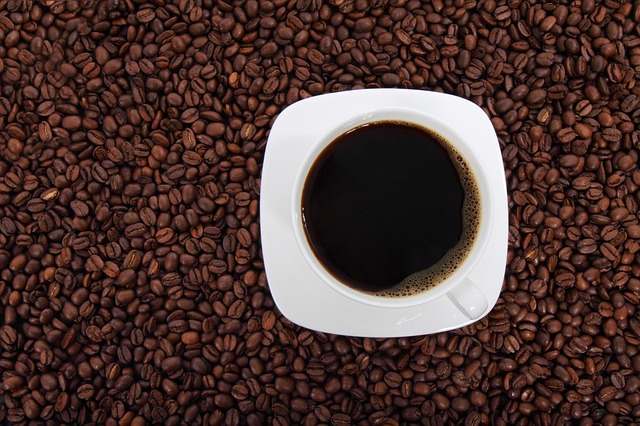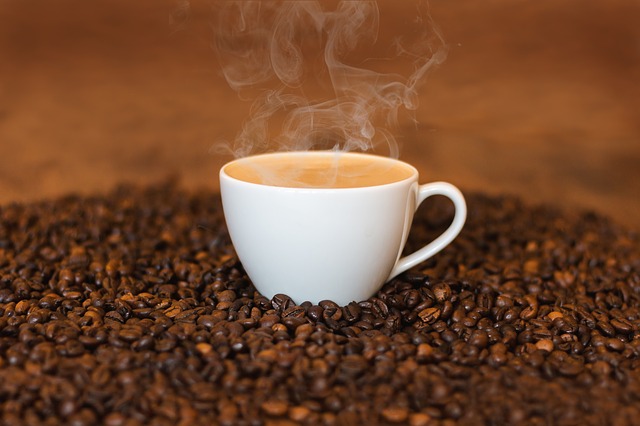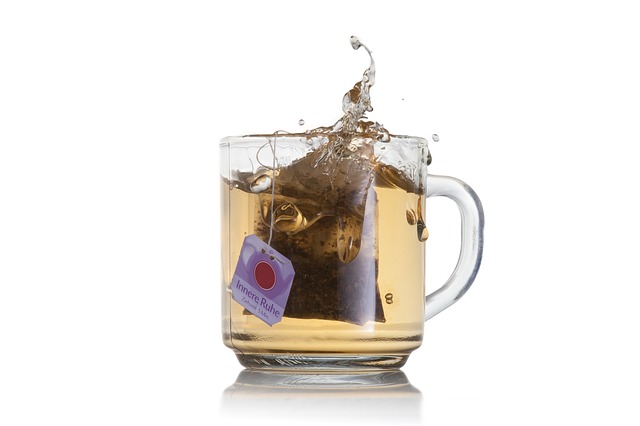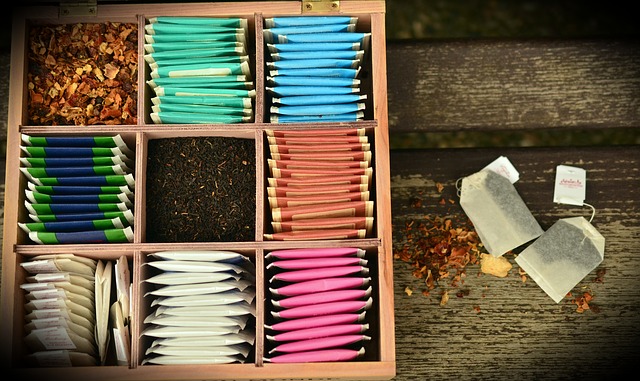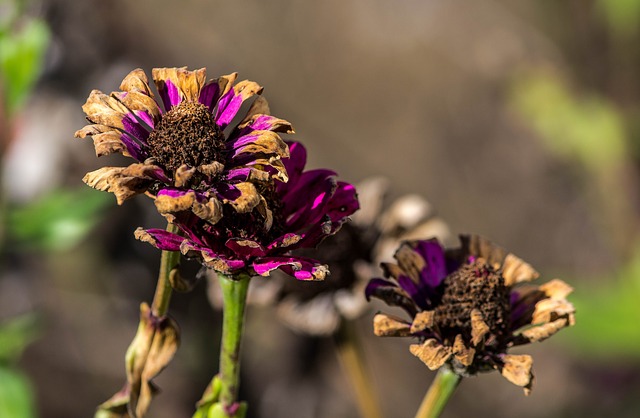
Composting is all about re-using organic materials. And like the majority of us, you probably have been flushing away one of the most natural ways of all to condition your compost. By adding urine compost can be given a huge boost and that is passed on to whatever plants you will be using it to grow in the future.
A Surprising Coincidence
The nutrients that our bodies can’t use are filtered out by our kidneys and excreted from the body in our urine. Most people don’t realize that many of these nutrients are just what plants need. Urine is rich in nitrogen but also contains phosphorous and potassium.
These three nutrients happen to be essential to plant growth, life, and reproduction and that’s why they are used in fertilizers. You will see them represented on fertilizer packaging as the N-P-K ratio. N stands for nitrogen, P for phosphorous, and K for potassium. Human urine has an N-P-K ratio of around 11-1-2.5.
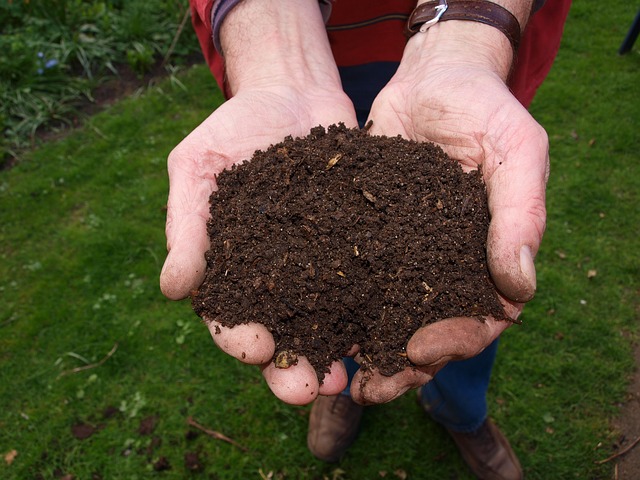
Get That Compost Started And Conditioned
Using urine in compost will help to give you an end product that is much more beneficial for your plants. But it will also help to get that decomposition started in new compost piles as well. Adding it to dry leaves, straw, and other “brown,” materials is a great way to jump-start the process quickly. Like other nitrogen-rich items, urine is considered a “green,” composting material.
Natural Benefits
There are many benefits to using urine in your compost and one of the best is that you get all of that nitrogen phosphorous, and potassium, just like with store-bought fertilizers, but in a chemical-free and totally natural form. Of course, urine doesn’t cost anything either.
So you can save cash by being a little more creative with where you get rid of it. Having these nutrients already in your compost means you often won’t need to purchase fertilizer. And, it’s a renewable resource, you’re constantly producing it. In fact, the average American can expect their pee to add up to around one hundred and thirty-two gallons or five hundred liters per year.
Backed By Science
Many scientific studies have shown a very strong correlation between plant growth and soil that has been enhanced by human urine. In one, red beets grew ten percent larger than they did normally when the soil was enhanced with standard fertilizers. By adding wood ash and urine together this was increased to an impressive twenty-seven percent.
Actually Not So Gross
While it may not seem very sanitary to grow food or plants in pee when it leaves the human body urine is actually sterile. So it is totally clean and free of any bacteria. This is in stark contrast to feces which contains harmful pathogens and bacteria.
Application
Of course, depending on where you live you may want to be a little more discreet when adding your urine. If you have neighbors close by peeing in a bottle or bucket and then pouring it in your compost bin or pile is usually the best way to go. Even though urine is sterile there can be traces of certain medications.
While in theory these traces should be burned off as the compost heats up, to be safe if you are taking medicine you should refrain from using your urine on compost that will be used for growing food items. Don’t forget to make sure you have enough “brown,” materials in your compost that are carbon-rich as well.
As mentioned above, wood ash and urine together make a great combo. And while you can pee on compost directly you shouldn’t pee in your actual garden. You can use urine as fertilizer for your garden soil but it will need to be diluted with water first. Typically a ratio of ten parts water to one part urine is ideal.
Other High Nitrogen Options
For those who want to increase the amount of nitrogen but don’t like the idea of using urine in compost, there are other materials that can help. Kitchen scraps such as coffee grounds, used tea bags, bone meal, and blood meal are all nitrogen-rich. Fruits too contain nitrogen and for added potassium and phosphorous many people specifically, place banana peels in compost.
By adding urine compost can be enhanced and given a big boost to help start the process off right. It’ll save you cash and when you want more of this secret natural ingredient all you have to do is drink more water!
Start Shopping for Composting Supplies!
Does Copper Tape Stop Slugs?
Does copper tape stop slugs? The answer is yes. And you can use this simple solution to keep your plants safe from those slimy plant-eating pests. Repel Slimy Garden Invaders Without Harm Despite being relatively small and very slow-moving, slugs can do a lot of...
Coffee Grounds For Flowers
For many of us, there’s nothing we’d rather do than relax with a cup of coffee near the flower garden. Most people don’t realize however that the grounds used to make our coffee can help to increase the health and beauty of our garden. Here’s what you’ll need to know...
Coffee Grounds For Roses
Using coffee grounds for roses is a fabulous way to improve the health of your plants, helping them to produce those gorgeous flowers you’ve been dreaming of. But there are a few things you’ll need to know before getting started. Conditions Roses Prefer Roses do best...
Do Roses Like Coffee Grounds?
Do roses like coffee grounds? This is something many gardeners wonder about, especially since feeding roses coffee grounds has been a practice that’s been around a very long time. The answer is yes they do, and here’s what you’ll want to know. Roses And Acidic Soil...
How To Use Coffee Grounds For Grass
You’ll want to think twice before you toss your used coffee grounds in the trash every day. Those grounds can actually be used to feed and increase the health of your lawn. Here’s everything you’ll want to know about using coffee grounds for grass. Advantages Of...
Are Coffee Grounds Good For Grass?
Are coffee grounds good for grass? The answer is yes, so you may want to think twice before throwing away your used grounds after your morning cup of coffee. Instead, you can put them to work helping increase the beauty of your lawn. Benefits Of Using Coffee Grounds...
Are Worms Good For Your Lawn?
Despite their slimy looks worms are well-known for being very helpful in the garden. But are worms good for your lawn? You bet they are, and here’s why! Aeration As worms travel from place to place in the soil below your lawn, they create a maze of tunnels. And those...
How To Use Coffee Grounds For Snails
You don’t have to kill those annoying garden snails in order to keep them from eating your plants. In fact, you can use your morning coffee as a non-lethal weapon against them. When they come into contact with your coffee grounds snails will turn right around and...
How To Use Coffee Grounds For Ants
There are endless sprays and poisons you can use to get rid of ants. However, you won’t have to look any further than your morning cup of coffee if you’d like a repellent that doesn’t contain any harmful chemicals. By using coffee grounds ants will stay away and kids...
Which Plants Like Coffee Grounds?
While using coffee grounds in the garden offers quite a few benefits, they can be slightly acid and therefore not appropriate for all plants. So which plants like coffee grounds? Here’s what you’ll need to know. The Basics Of Coffee Grounds Coffee grounds contain...
Coffee Grounds And Hydrangeas
While many people love their hydrangeas, they often would love them even more if they were blue. Luckily the grounds from your morning cup of coffee can help you to achieve those gorgeous blue blooms. Here’s what you’ll need to know about coffee grounds and...
Coffee Grounds For Worms
Worms are an extremely helpful component of any compost bin or pile, not to mention worm farms. And it turns your morning cup of coffee can contribute to their diet. Using coffee grounds for worms is an easy way to keep them from heading to the local landfill while...
Using Coffee Grounds In The Garden
Your morning cup of coffee can help you to not only start your day off right, but in the garden as well. The grounds used to make it have many important properties that are ideal for both plants and soil. By using your coffee grounds in the garden you’ll be able to...
Using Coffee Grounds In Compost
It’s estimated that over two billion cups of coffee are consumed around the world each and every day. And that’s an enormous volume of grounds which are used and then tossed in the trash. By using coffee grounds in compost instead, you can help cut down on waste and...
Used Tea Bags In The Garden
Many people don’t realize that once you’ve had a cup of tea, your tea bag can be used again in quite a few other ways. There are actually many great uses for used tea bags in the garden. And here are some of the best! Free Natural Fertilizer The tea leaves and...
Used Tea Bags In The Compost
The next time you have your daily cup of tea, you may want to think twice about throwing that tea bag in the trash. Instead of contributing extra waste to landfills, you can help the environment and your garden by placing used tea bags in the compost. But before you...
5 Eco-Unfriendly Things You Do That Kill Your Garden
Any budding gardener out there wants to do the best for their garden and their plants. But are you accidentally causing it harm? Here are five eco-friendly things you do that kill your garden: Buying Plants that Contain Pesticides You may not use pesticides yourself...
7 Reasons You Need to Start Gardening Now
Looking for a fun hobby to help you relax? Get outside and get to work in a garden. Gardening has a variety of benefits for your mental, physical and spiritual health. Wondering how tending to plants can help you tend to your health? Here are seven ways gardening can...
Quick Tips To Speed Up Compost Times
Compost is an excellent soil conditioner and natural fertilizer. However, it can take quite a while for it to break down into a form that you can use. Luckily there are a handful of simple things you can do to help speed up compost times without much effort. Size In...
6 Common Types Of Soil Deficiency And How To Solve Them
Unfortunately, not all soil has the nutrients that plants need to grow and thrive. In some cases, it may be lacking in one area or another and therefore need a boost. Here are the most common types of soil deficiency and the best ways to deal with each of them....
